Considerations When Purchasing
Many people find buying stainless steel coils to be a very challenging business. It is worth mentioning that there are dozens of grades of stainless steel coils alone, so it is extremely necessary to clarify requirements and understand product information before purchasing.
Determine Application Requirements
Before purchasing stainless steel coils, first define your application requirements. Is it for interior decoration or outdoor construction? Is corrosion resistance important or mechanical strength more important? Only by clarifying your own needs can it be possible to choose a suitable stainless steel coil material.
Surface Treatment
The surface treatment of stainless steel coils is also very important, which not only affects the appearance but also is closely related to the corrosion resistance of stainless steel coils. Common surface treatments include 2B, BA, No.4, etc. 2B surface treatment has better smoothness and flatness, suitable for interior decoration. The BA finish has a higher finish and reflective properties for applications requiring a higher appearance. No.4 surface treatment has a frosted effect, suitable for industrial equipment and outdoor buildings.
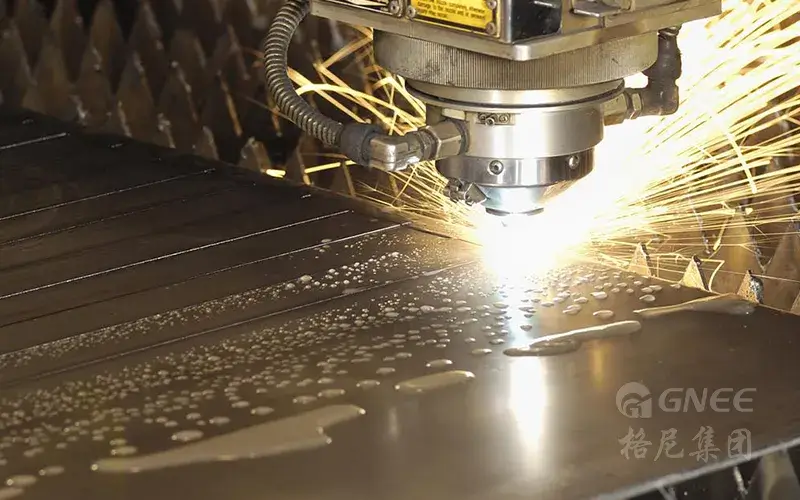
Material and Composition
The material and composition of stainless steel coils are critical to performance. Common stainless steel materials include 304, 316, 430, etc. 304 stainless steel has good corrosion resistance and weldability, suitable for interior decoration and general industrial applications. 316 stainless steel has higher corrosion resistance and is suitable for wet and corrosive environments. 430 stainless steel is mainly used in applications with lower heat and corrosion resistance requirements. Different needs, different choices.
Specification and Thickness
The specification and thickness of stainless steel coils are also important factors to consider when purchasing. Select the appropriate size and thickness according to specific application requirements. Generally speaking, thicker stainless steel coils have better mechanical properties, but the price will be relatively higher.
Supplier Reputation and Quality Certification
Selecting a reliable stainless steel coil supplier is of paramount importance. GNEE Steel Group is a professional supply chain enterprise, mainly engaged in steel plate, coil, profile, and outdoor landscape design and processing. After 15 years of development, it has become a leading international steel supply chain company in the Central Plains. We cooperate with more than 600 companies around the world, with an annual export capacity of more than 80,000 metric tons. Choose Gurney Steel Group, you choose a professional and reliable steel supply chain partner!
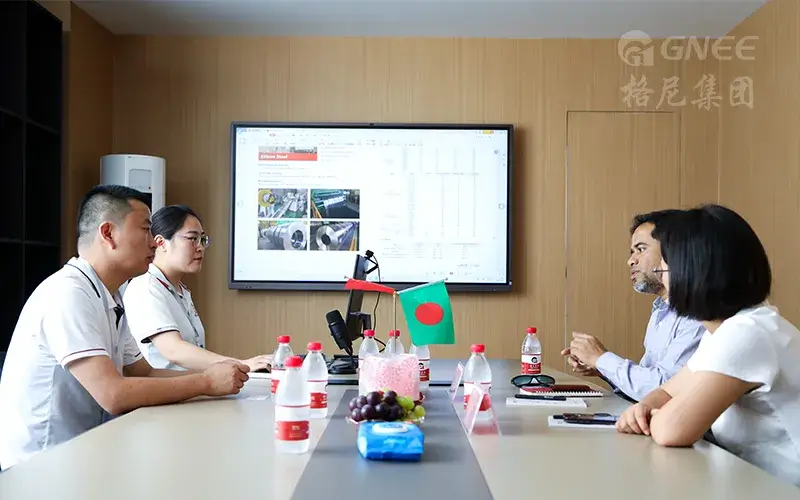
“Core Knowledge Points” When Purchasing Stainless Steel Coils
Corrosion Resistance: When purchasing stainless steel products, it is important to understand the subject of corrosion resistance. Corrosion resistance refers to the resistance offered by a material to the reaction of unfavorable elements that may corrode the material. The standard grade most commonly used for food-grade applications is austenitic stainless steel. Due to its chemical nature, austenitic stainless steels exhibit great resistance to basic corrosive environments containing only salt and water and have good corrosion resistance.
Heat Resistance: refers to the property that a substance can maintain its excellent physical and mechanical properties under heated conditions. When more customers choose stainless steel coils, to make the material use more widely, they usually consider this performance.
Magnetism: In real life, most people think that stainless steel is non-magnetic, and use magnets to identify stainless steel. This method is very unscientific. Austenitic and ferritic stainless steels are generally low in magnetic content, while chromium-based stainless steels are more magnetic. Choose the appropriate stainless steel coil according to the usage scenario.
Strength Requirements: The strength requirements depend on the installation environment and installation purpose. In some cases, high-strength duplex and austenitic stainless steels are suitable. But in some cases, these may be the most inappropriate and fail to meet your requirements.
Low-Temperature Resistance: It means that it can still work normally or maintain normal temperature characteristics at low temperatures. Austenitic stainless steels are more efficient at low temperatures. They can maintain higher tensile strength at low temperatures compared to ambient temperatures. Low-temperature resistance refers to the ability of a material to withstand a decrease in the temperature of the material after exposure to increased pressure. You’ll have to check low-temperature resistance to know which one is better for you.
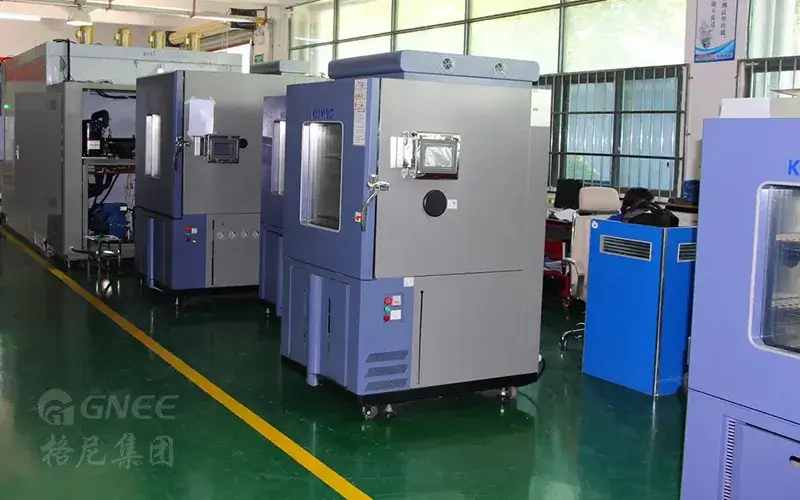
Cost: Cost is one of the most important factors to consider when buying stainless steel coil. The reason why the high price of stainless steel is worth the money is because of its better overall performance and longer service life. Therefore, you need to estimate the cost based on the performance required, and the life cycle.
View GNEE stainless steel coil products with one click —>
Types of Stainless Steel Coils You Need to Consider
301 Stainless Steel Coil
301 stainless steel coil is a high-strength, corrosion-resistant chromium-nickel-based alloy coil product that can obtain high strength and ductility by cold working. It has excellent forming and stretching ability and can adapt to various complex shapes and stress requirements. It is suitable for various high-demand application fields, such as aircraft parts, architectural decoration, automobile decoration, and other fields.、
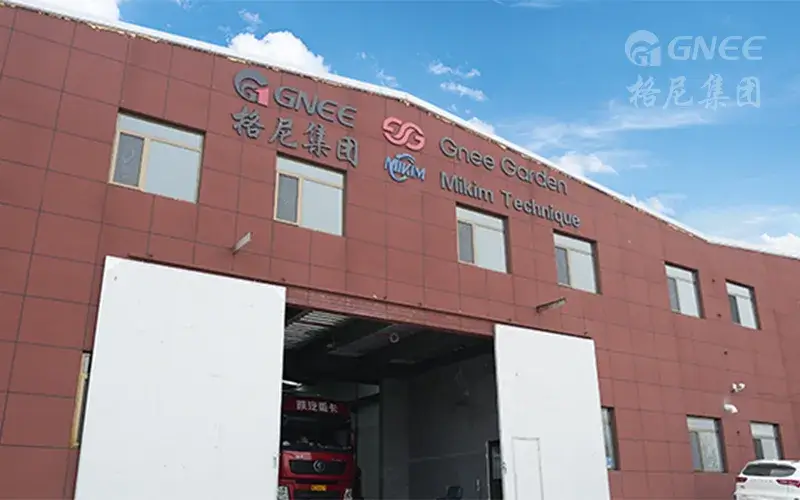
304 Stainless Steel Coil
Stainless steel 304 coil is a low-carbon, molybdenum-containing austenitic stainless steel product, also known as 18-8 stainless steel, which is one of the most widely used austenitic stainless steel. It has the advantages of high-temperature resistance, excellent processing performance, and good toughness, and is widely used in home decoration, food, medical and industrial industries.
316 Stainless Steel Coil
Stainless steel coil 316 material is an austenitic chromium-nickel stainless steel, mainly composed of elements such as chromium, nickel, and molybdenum. Exhibits excellent corrosion resistance, especially suitable for resisting corrosion in acidic and saline environments. It can be widely used in the chemical industry, marine, medical equipment, food processing, and other fields.
321 Stainless Steel Coil
321 stainless steel is a stable austenitic stainless steel that contains titanium and has good high-temperature corrosion resistance. It is often used in the manufacture of high-temperature equipment and corrosion-resistant equipment. Such as manufacturing stoves, burners, heat exchangers, chemical containers, etc.
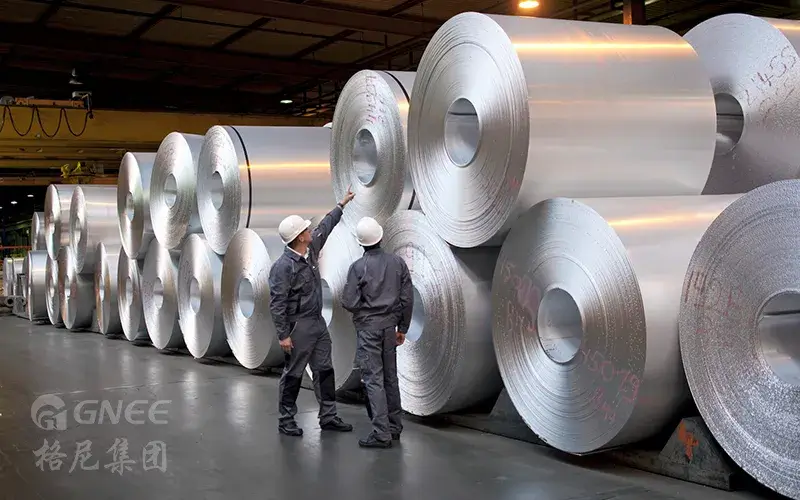
409 Stainless Steel Coil
409 stainless steel coil is a special stainless steel material composed of iron, chromium, titanium, and other elements. It is a kind of ferritic stainless steel and has excellent corrosion resistance, good mechanical properties, and formability. Widely used in many fields such as automobile manufacturing, the petrochemical industry, and environmental protection facilities, it is a stainless steel product with comprehensive functions and high cost-effectiveness.
410 Stainless Steel Coil
410 stainless steel coil is one of the representatives of 400 series stainless steel coils. It is mainly composed of iron, carbon, chromium, and some other elements. It is a stainless steel material with high hardness and high wear resistance. It can be widely used in the manufacture of boilers, petrochemical equipment, medical equipment, automobile exhaust pipes, aerospace, and other fields.
420 Stainless Steel Coil
420 stainless steel coil is a kind of high carbon and high chromium stainless steel, also known as UNS S42000 stainless steel, which is a kind of martensitic stainless steel, contains high carbon and chromium elements, and has good hardness, strength, and wear resistance. It is often used to make knives, medical equipment, electronic equipment parts, decorations, etc. It should be noted that due to the high carbon content, 420-grade stainless steel is prone to intergranular corrosion after welding, so special treatment is required during welding to ensure the corrosion resistance of the weld.
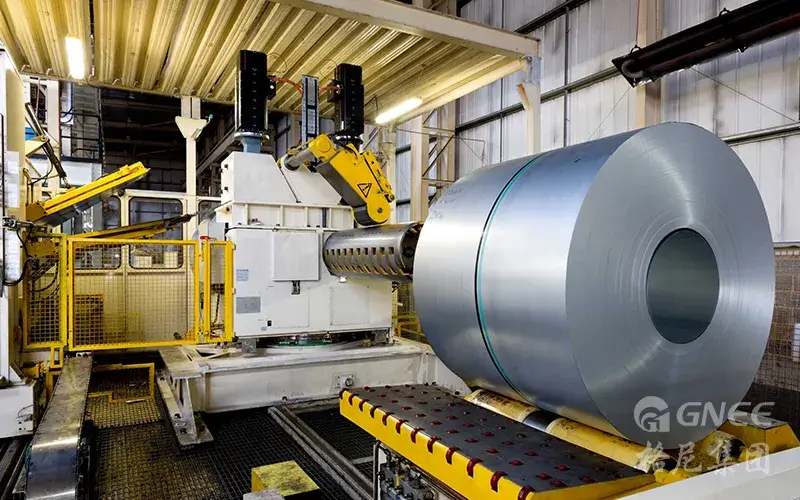
430 Stainless Steel Coil
430 stainless steel coil is an iron-chromium alloy stainless steel coil with a chromium content of 16%-18%, which is lower than the chromium content of 304 stainless steel and 316 stainless steel. It has magnetism, good heat resistance, a smooth surface, and easy processing. It is an economical and practical stainless steel material. In some occasions that require medium strength and corrosion resistance, such as household appliance manufacturing and other industries, it has been widely used.
2205 Stainless Steel Coil
2205 Stainless Steel Coil is a duplex stainless steel material with approximately equal proportions of ferrite and austenite in the microstructure, providing excellent corrosion resistance, strength, and toughness. Suitable for environments requiring high corrosion resistance. Such as chemical industry, marine engineering, offshore oil and gas extraction, etc.
2507 Stainless Steel Coil
2507 stainless steel coil refers to the stainless steel coil made of 2507 duplex stainless steel, also known as SAF 2507. Combining the properties of austenitic and ferritic stainless steels with high levels of chromium, molybdenum, and nitrogen. Can be used in a variety of applications such as cargo holds, fittings, heat exchangers, hot water tanks, hydraulic piping, lifting pulley equipment, propellers, shafts, spiral wound gaskets, storage vessels, water heaters, etc.


